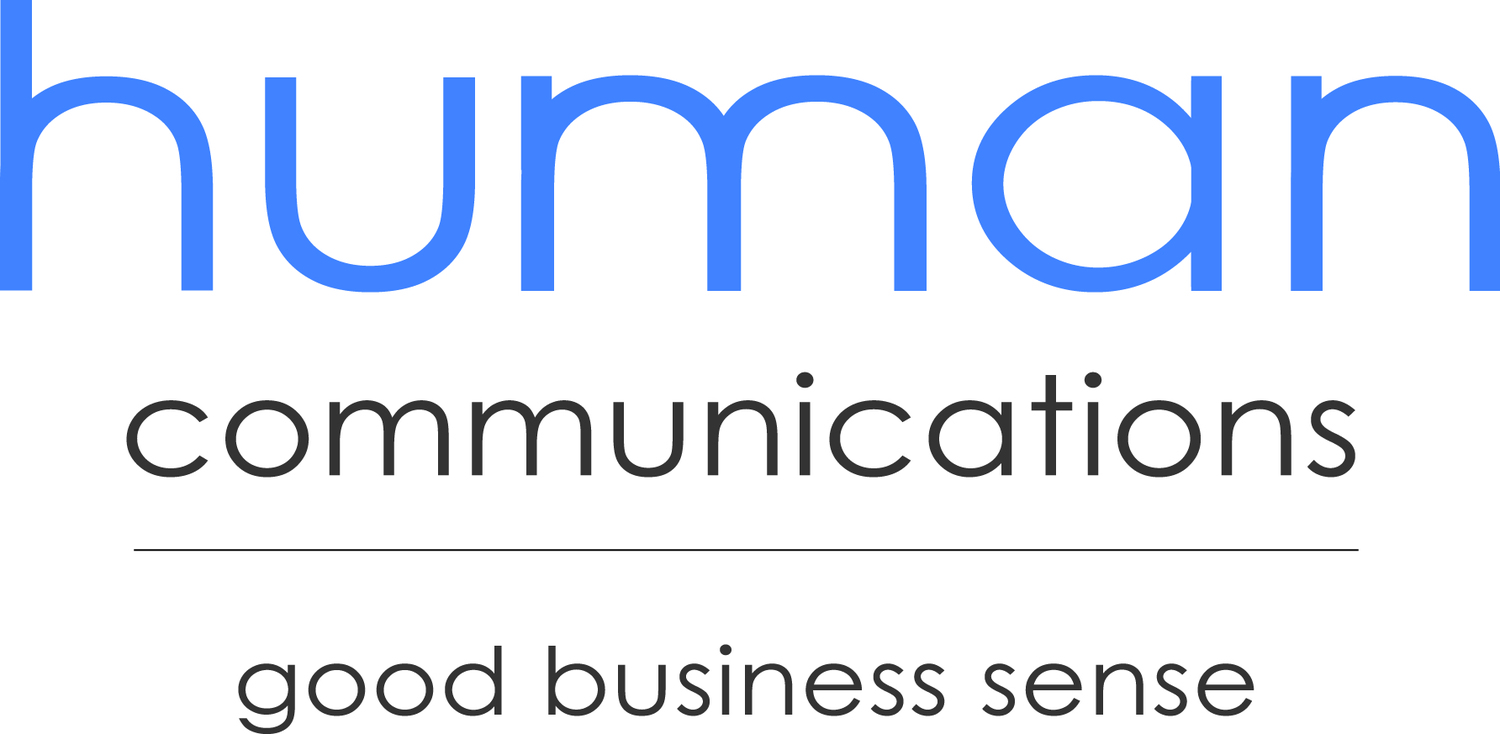Business writing trends – the continued spread of plain English
When it comes to business writing, there's a distinct trend bubbling away – the continued shift towards plain-English writing. And it's a trend that's here to stay.
There has always been a need for businesses to write clearly, and a number of organisations have helped to draw attention to this need. For example, Plain English Campaign has done a fantastic job of educating companies and helping them to improve their business communications through its Crystal Mark scheme and plain English awards.
Today, more and more businesses are publishing content – sharing articles, blog posts and newsletters. This makes the need for clear and effective writing even more important.
If companies don't communicate clearly, they risk putting off potential customers. Indeed, one survey discovered that as many as 59% of buyers would be put off doing business with a company that had spelling or grammatical errors on its website.
Similarly, a survey last year found that as many as 50% of adults in the UK are confused by the jargon used on financial services company websites.
It's not just customers who demand plain English
Customers aren't the only ones who want clear communication. Regulators and governments are also pressing companies to do more.
For example, the Monetary Authority of Singapore, the country's financial regulator, recently encouraged the companies it regulates to use plain English and present information in a 'clear, concise and logical manner' to help readers.
“In the case of contracts where all or certain terms offered to the consumer are in writing, these terms must always be drafted in plain, intelligible language. Where there is doubt about the meaning of a term, the interpretation most favourable to the consumer shall prevail.”
Similarly, the European Commission's Directive on unfair terms in consumer contracts says that companies must draft written contracts in "plain, intelligible language".
If there's any dispute about the meaning, the law sides with the consumer.
Other high-profile figures have taken steps to limit unnecessarily complex language.
In 2014, a judge in Detroit had to ask the city's lawyers to translate a city debt-reduction plan into plain English, simplifying the plan's language so workers voting on proposed pension cuts could understand what might change.
Elsewhere, former Australian Prime Minister Tony Abbott asked the country's top scientist to change the language in the country's research priorities – because it contained too much jargon.
Around the world, local newspapers regularly feature stories about the jargon used by the public sector, which can leave readers bemused.
And companies that don't communicate clearly can find themselves openly criticised on social media.
The business case for plain English communication
One of the challenges businesses face is that it isn't always easy to measure the results of an investment in plain English.
But if your language risks confusing customers, falling foul of regulators and attracting negative attention on social media, the case for change is pretty clear.
And some businesses have already made a very public commitment to using plain English. For example, OCBC Bank in Singapore saw sales revenue from its wealth-management products grow after it introduced clear and easy-to-understand marketing brochures.
Even Facebook – an organisation often criticised for the complexity of its user policies – has introduced a privacy basics centre to explain its privacy policies more clearly.
Your customers and prospects have an enormous choice of articles, news stories, white papers, web pages and blog posts to read. If they can't understand yours, they'll soon move on.
This doesn't mean dumbing down what you say. It just means expressing it more clearly.
As the examples above show, more and more companies are starting to take action.
Will you join them?

